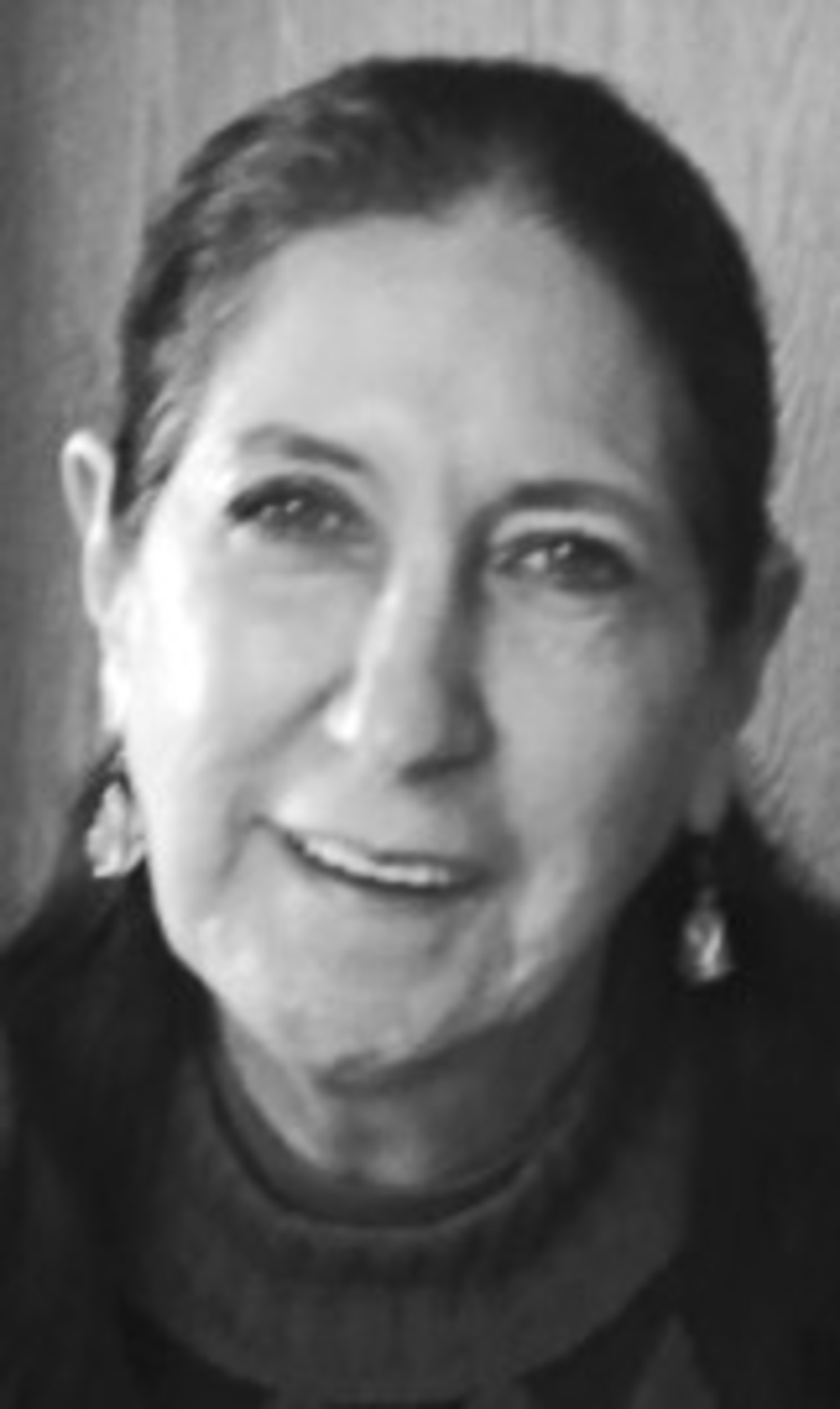Jews don’t hunt
For most Jews in the United States, hunting laws are not a concern
That’s a comforting statement to one who, like me, opposes hunting, even if it’s not strictly true. I understand that Allyson Schwartz, a Jewish congresswoman running for governor of Pennsylvania, is involved in an effort to end a ban on Sunday hunting, and that there are a few Jews joining the effort. That surprises me.
Conventional wisdom has it that Jews in the United States have never been part of the hunter population because they live primarily in urban areas where a “hunting culture” is lacking. I think it goes far beyond that.
Jews are specifically instructed not to cause pain to any animal in many places in the Torah, from “The righteous person regards the life of his animal” (Proverbs 12:10) to stories of Moses’s and King David’s compassionate treatment of animals, treatment that led to God deeming them suitable for leadership.
Judaism teaches that God is compassionate toward all creatures and that we are to emulate this compassion. Jews are called rachamanim b’nei rechamanim—compassionate children of compassionate ancestors.
Richard Schwartz, former president of Jewish Vegetarians of North America and one of the country’s leading experts on Judaism’s teachings toward animals, writes in his book “Who Stole My Religion?” that “throughout the ages, the rabbis have strongly disapproved of hunting as a sport. A Jew is permitted to capture animals only for purposes of human food or for what is considered an essential human need. But to destroy an animal for ‘sport’ constitutes wanton destruction and is to be condemned.”
Was there a time when humans needed to hunt animals in order to stay alive? Of course. But that’s no longer true. The vast majority of hunters do what they do for sport, not subsistence. And sport hunting goes against Jewish teachings in many ways, especially considering that many animals endure prolonged, painful deaths when they are injured but not killed by hunters.
Doesn’t sound too compassionate, does it? In fact, as reported by PETA and others, recent studies show that 10 percent of foxes shot by hunters are wounded but manage to escape; 11 percent of deer killed by hunters died only after being shot two or more times, and some wounded deer suffered for more than 15 minutes before dying. Another study found that more than three million ducks are wounded but go un-retrieved every year.
Hunting disrupts migration and hibernation patterns and puts ecosystems out of balance. If overpopulation in a location occurs, nature takes care of the problem through natural predation, ensuring that only healthy, strong animals survive. Hunters often kill these strong animals, destroying natural ecosystems.
There are humane alternatives to overpopulation, a rationale hunters often use for why they hunt. Sterilization and resource management techniques accomplish the goal without cruelty.
Of course, animals killed by hunting would not be considered kosher since they are not slaughtered according to kosher laws, which were designed to be more humane than traditional methods of killing animals.
I can’t say I feel sorry for an Orthodox Jew in Pennsylvania who, because he observes Shabbat and because his state has a Sunday hunting ban, has to go all weekend without firing a shot.
That must be a bit of good news for the animals in his vicinity.
Let’s hope that “Jews don’t hunt” continues to be true, on Sunday or any other day.
PAULINE DUBKIN YEARWOOD is Managing Editor of the Chicago Jewish News.








